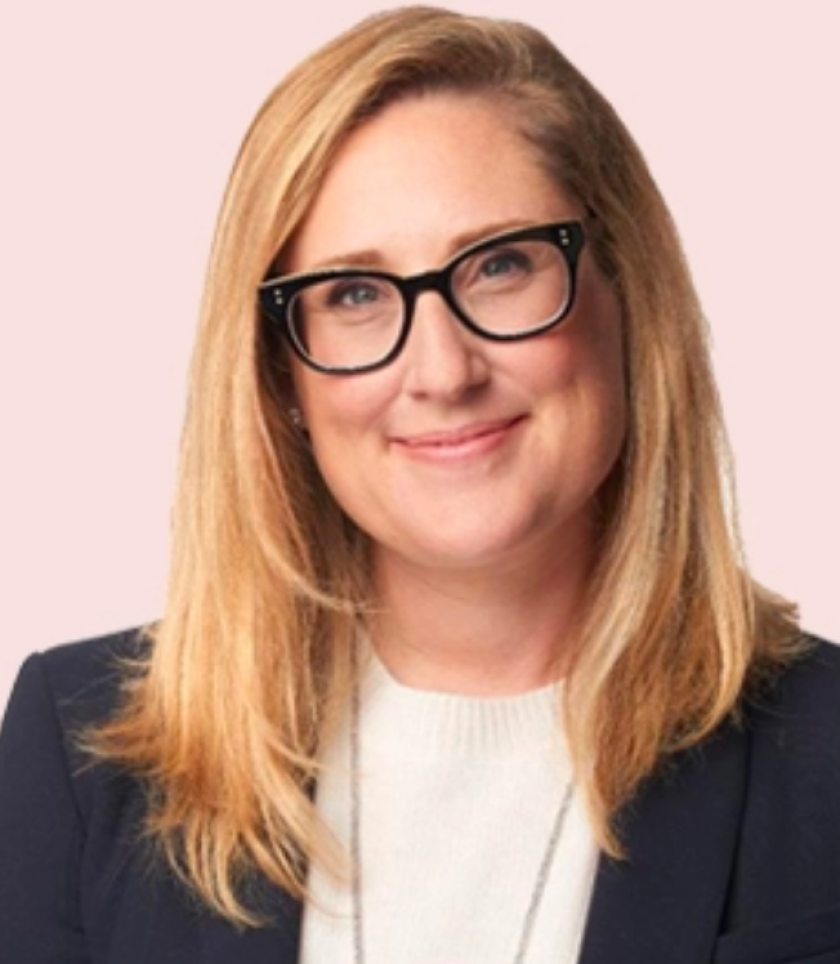Employee programs that support families and working parents are in high demand during COVID-19. For family benefits platform Cleo, the pandemic has been an opportunity to build on the growing and continuous needs of this workplace population.
“The needs of working families moved very much from the sidelines to the front lines of every company,” says Sarahjane Sacchetti, CEO of Cleo. “We innovated quickly to launch a few really important products because our clients were desperate to do more for their working families.”
Read more: 5 companies that boosted their employee benefits for working parents
During COVID, Cleo launched a marketplace that offers a variety of programs for working parents, including virtual tutoring and child care services. They also expanded their Cleo Kids program to provide childcare for children up to 12 years old. The program was initially tailored to children up to 5 years of age. The platform saw a 167% increase in membership in 2020 as they forged partnerships with companies including Salesforce and Pinterest.

“This conversation about parents and working families was growing in urgency with employers, but I think COVID has really cemented that this is going to be at top strategy for employers moving forward,” Sacchetti says.
Cleo has also committed itself to hiring top female talent for their leadership and board teams and has expanded their executive board with three new hires. In a recent interview, Sacchetti explained how Cleo was able to grow during the pandemic and what trends she anticipates in the family benefits space for 2021.
What kind of family benefits and support are employers and employees asking for in 2021?
We're going to see employers who have adopted new family benefits programs looking for a cohesive platform to support families. Family support has become very fragmented with multiple vendors for your EAP, childcare and fertility solutions. Employers are looking to aggregate that into one platform, which will drive better engagement and utilization.
Employees are also demanding specific behavioral, mental health and special needs support for both children and parents. One in five of our parents cite a concern around an acute special need, neuro-diversity issue or mental health issue. So we're going to see more focus on what I call whole family health and see employers open up their idea of what dependent care looks like.
What can employers offer to keep women and working parents engaged and employed during the pandemic and beyond?
Employers are burdened with fixing the massive and pervasive lack of a social safety net. Before COVID, we saw 43% of highly skilled women leaving the workforce after their first child. So COVID has accelerated an already existing trend that we just weren't paying as close attention to as we should have. Some employers are embracing different schedules and adding more benefits that can help build back what should be in our social safety net. This is as much of a cultural issue as a benefits issue for many companies.
We're having the conversations that we should have been having years ago. This is the decade of the working family. We're going to see dramatic shifts and hopefully great innovation to support the new reality that most Americans have dependents at home that they're caring for.
Your company is composed primarily of women and other working mothers. What advice would you give other companies looking to diversify?
Among our leadership team, we have seven kids under 12, so not only are we parents, but we're parents of very young children. We've climbed that proverbial ladder during these really, really busy years, so we represent the urgency as well as the hope that we can do better.
A lot of people say it's hard to hire diverse candidates. But you just have to change your hiring philosophy and you have to make it a priority. I think that's reflected in how I've hired. Hiring for potential opportunity and mission alignment versus the text on the resume is one piece of advice.


